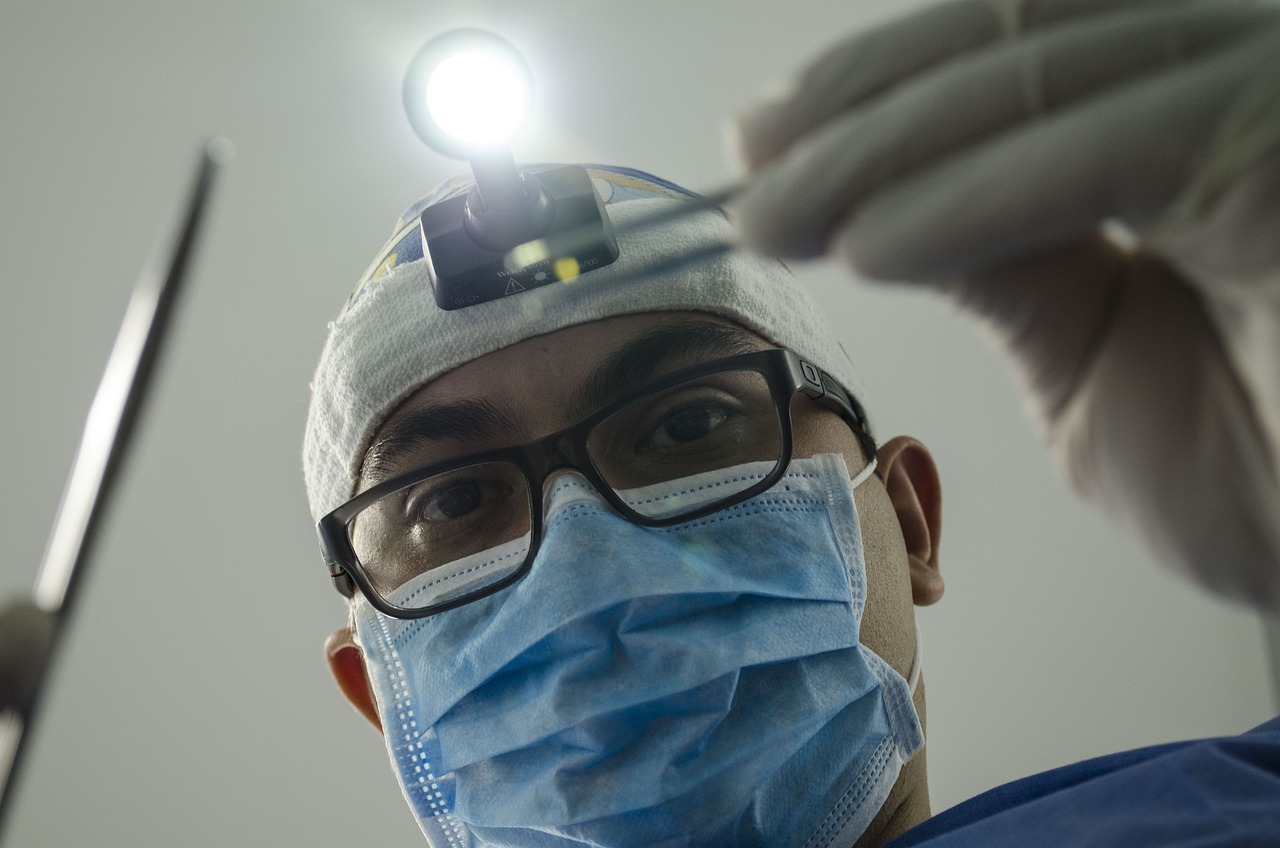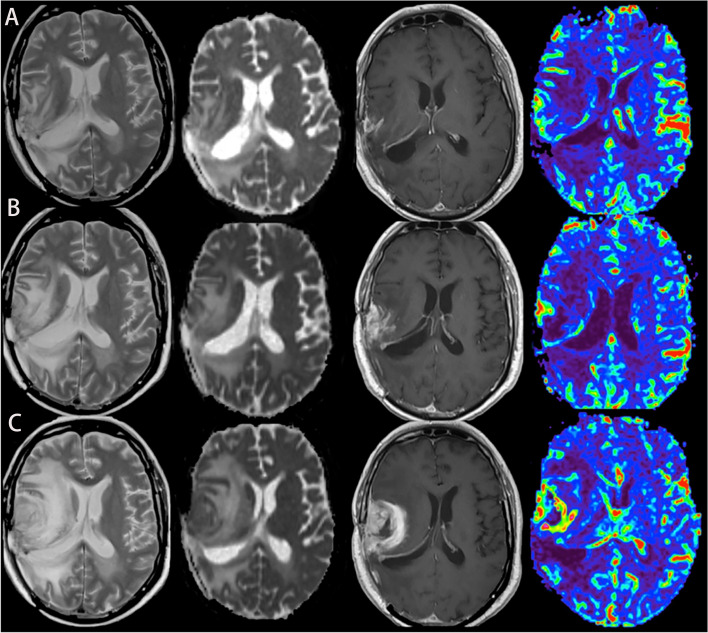Experts
Laziness Might Be Tied to Genetics
Obesity affects millions of adults and children and exacerbates several health complications that could be prevented. Although obesity often results from poor diet and lack of exercise, a new study reports that there might also be an underlying genetic factor at play. According to researchers from Missouri University, there might be a specific gene linked to laziness, which they argue could prevent people from getting up and heading to the gym.
"We have shown it is possible to be genetically predisposed to being lazy," one of the authors of the study, Professor Frank Booth, explained. "This could be an important step in identifying additional causes for obesity in humans."
The scientists look at the genetics behind laziness in 52 mice. The researchers bred 26 of them to be fast runners while the remaining 26 were bred to be lazy. The mice were bred for each specific trait over 10 generations, making each mouse either ten times more active or ten times lazier. The researchers evaluated the frequency of the mice in voluntarily running on a wheel over the span of six days in order to measure levels of activity. They also looked at the mitochondria levels in the muscle cells of the rats, the body compositions of both types of rats, and the genetic make-ups.
"While we found minor differences in the body composition and levels of mitochondria in muscle cells of the rats, the most important thing we identified were the genetic differences between the two lines," the co-author of the study, Dr. Michael Roberts stated. "Out of more than 17,000 different genes in one part of the brain, we identified 36 genes that may play a role in predisposition to physical activity motivation."
This finding suggests that certain human genes might also be linked to laziness. The researchers plan on researching these genes and their effects in humans as a way to understand why some people might not be as willing to exercise.
The study was published in the American Journal of Physiology.









Join the Conversation